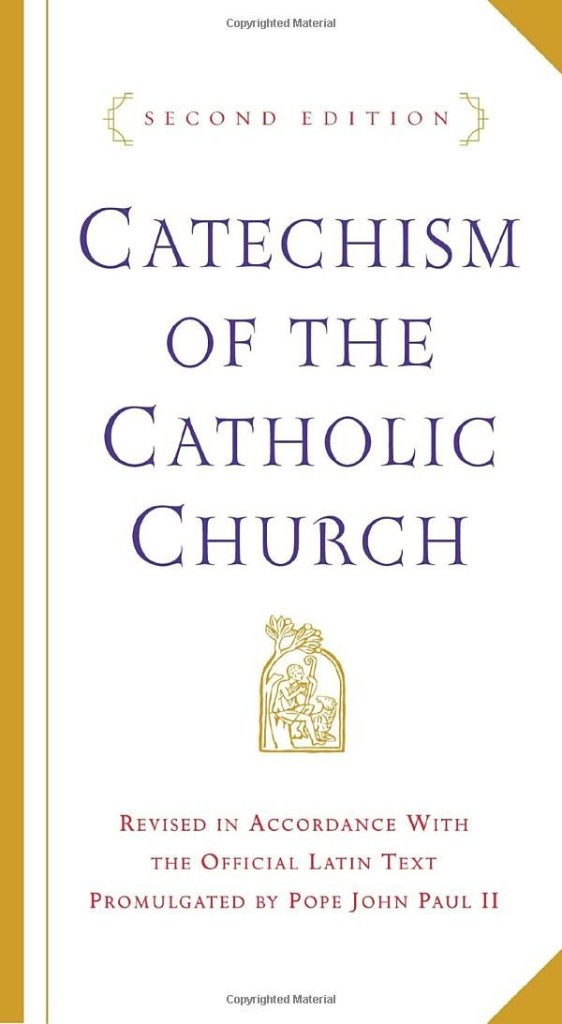12 Ways to be a Better Catholic in 2016
Welcome to 2016! I know many of us have already formulated a list of resolutions to accomplish in this new year. Personally, I know that I need to continue reading the entire Catechism of the Catholic Church. I made it through Part I in 2015 and I hope that I will at least read Part […]
12 Ways to be a Better Catholic in 2016 Read More »




